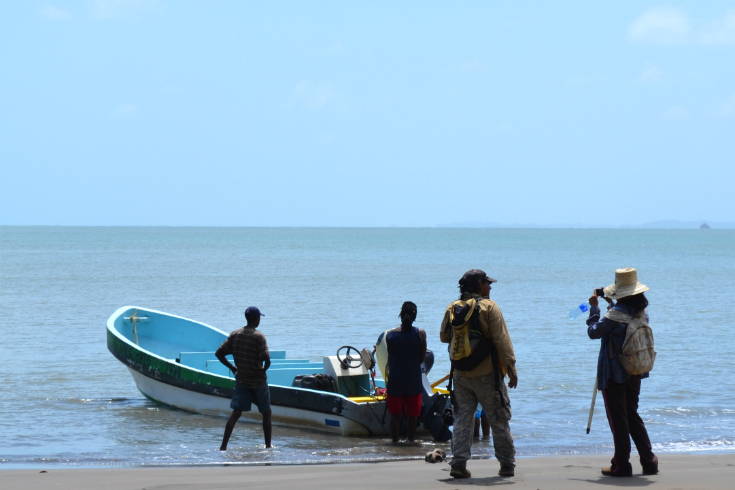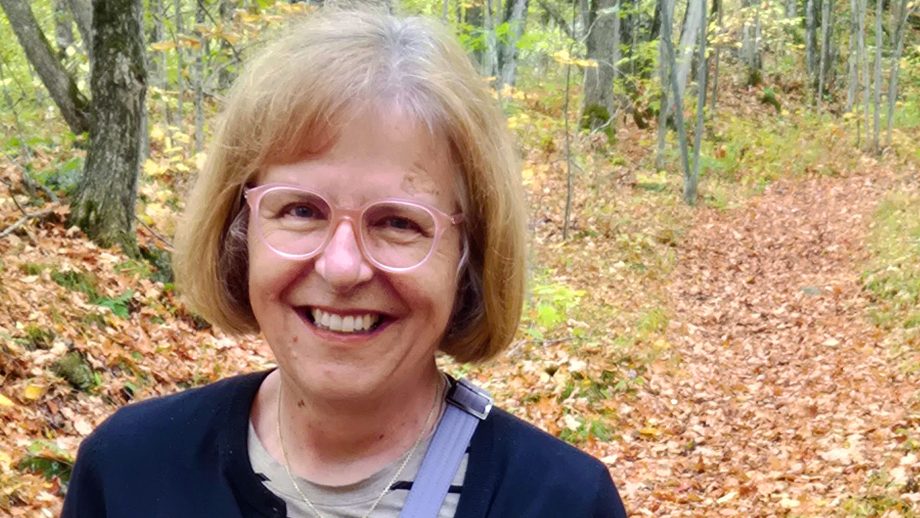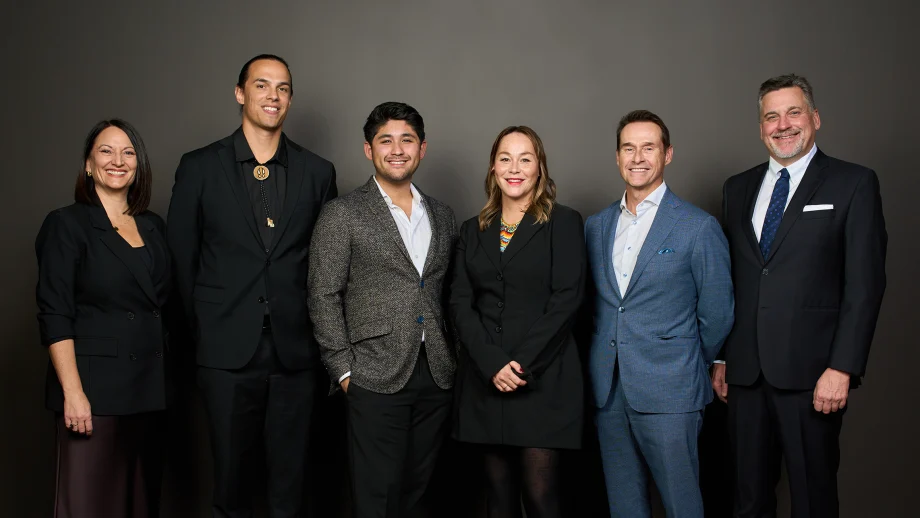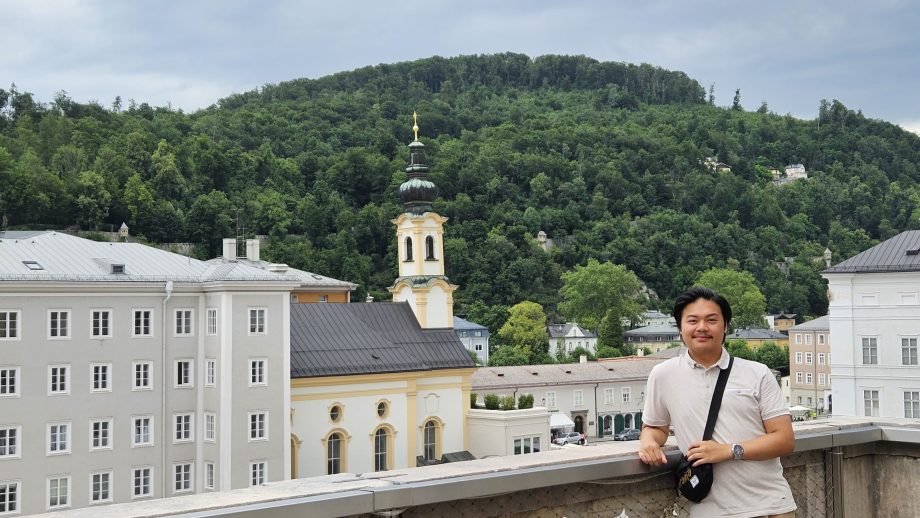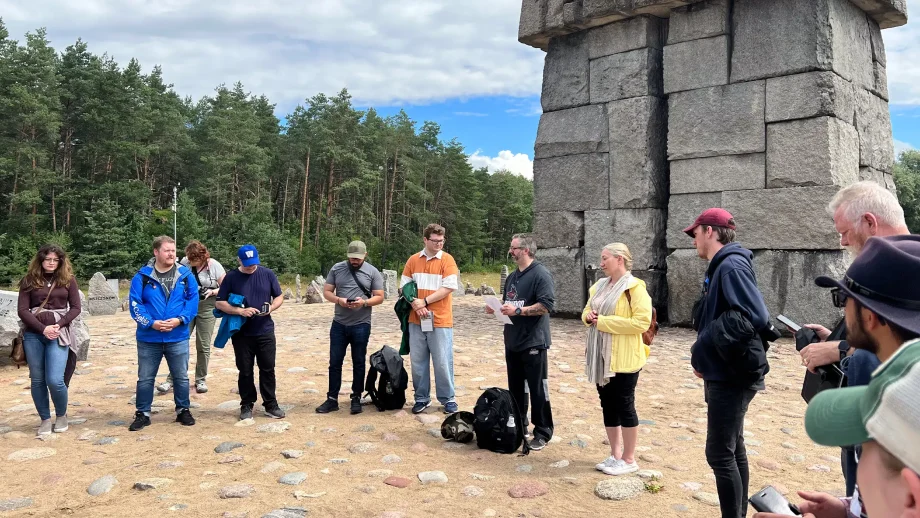Construction of the Nicaragua Interoceanic Grand Canal has garnered only sporadic interest despite the immensity of the project and its potential to affect the natural environment and the lives of those who inhabit the region. To minimize the negative impacts of this project, Indigenous and other local communities must be involved in the process of planning and mitigation.
UWinnipeg’s Caribbean Research Institute presents a panel discussion: The impact of Nicaragua Canal on Indigenous and Afrodescendant heritage on Wednesday, March 23, at 3:00 pm– 5:00 pm, Room 3D04, Duckworth Centre, University of Winnipeg. This is free and open to the public. The panelists include, Dr. Mirjana Roksandic, University of Winnipeg; Dr. Gabriel Nemogá, University of Winnipeg; Dr. Eric Thrift, University of Manitoba and Dr. Miguel Gonzalez, York University.
“As in many parts of the world, Indigenous people, their way of life, and their stewardship of the environment are under threat from industrial and infrastructure development,” said Roksandic . “Failure to recognize and respect the profound knowledge of Rama communities will certainly exuberate the problem.”
This construction project will have an immense impact on the environment, and as history teaches us –the effect with be entirely unpredictable. This canal will remove five times more earth than the Panama Canal and it will connect two oceans with the largest body of fresh water between the lake Titiqaqa in South America and the Great Lakes in the North. The canal promises to unite the culturally and politically very different Pacific and Caribbean coasts of Nicaragua and provide a needed development boost to the whole country, creating jobs and opportunity for local communities.
Informed consent and inclusion of Indigenous and local groups in the planning process is a must for a project that aims to unite the country and provide meaningful development for local groups.

